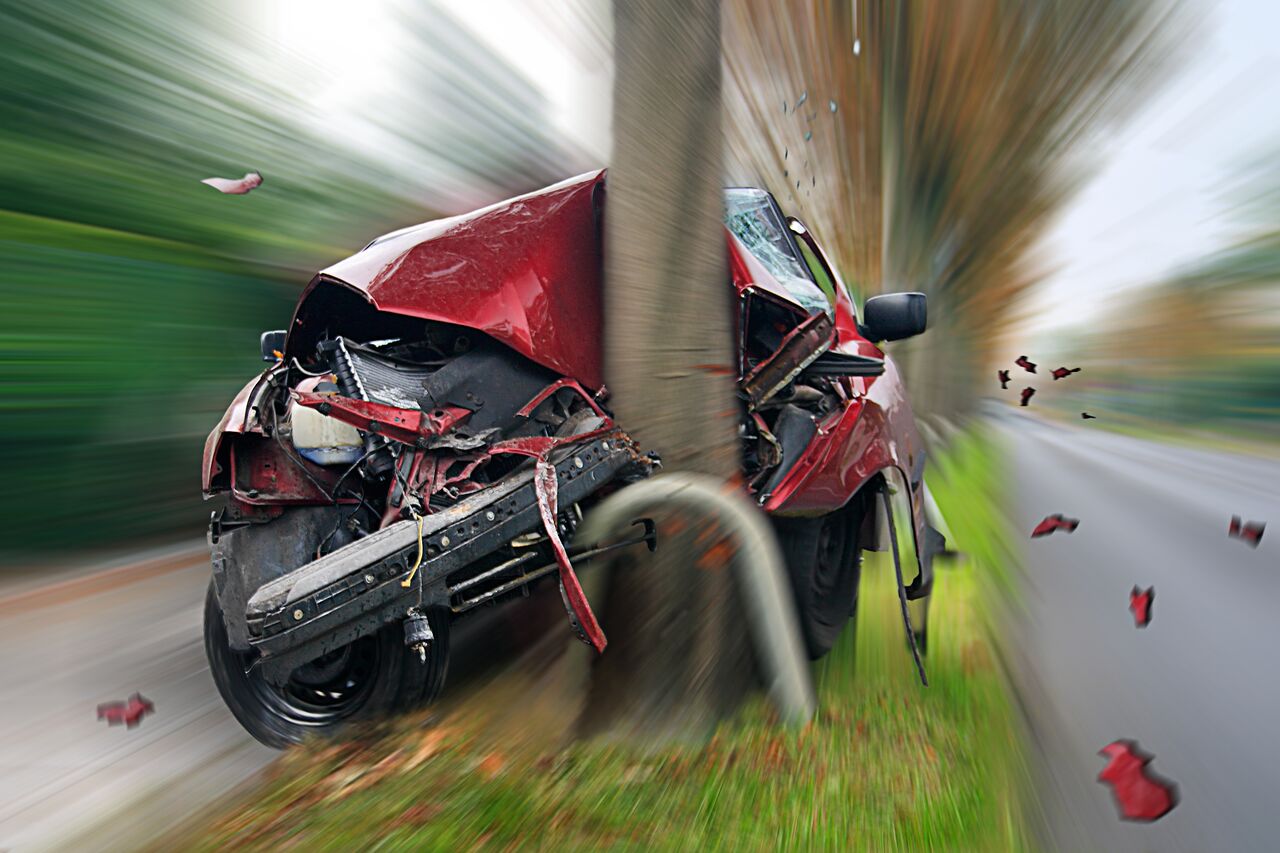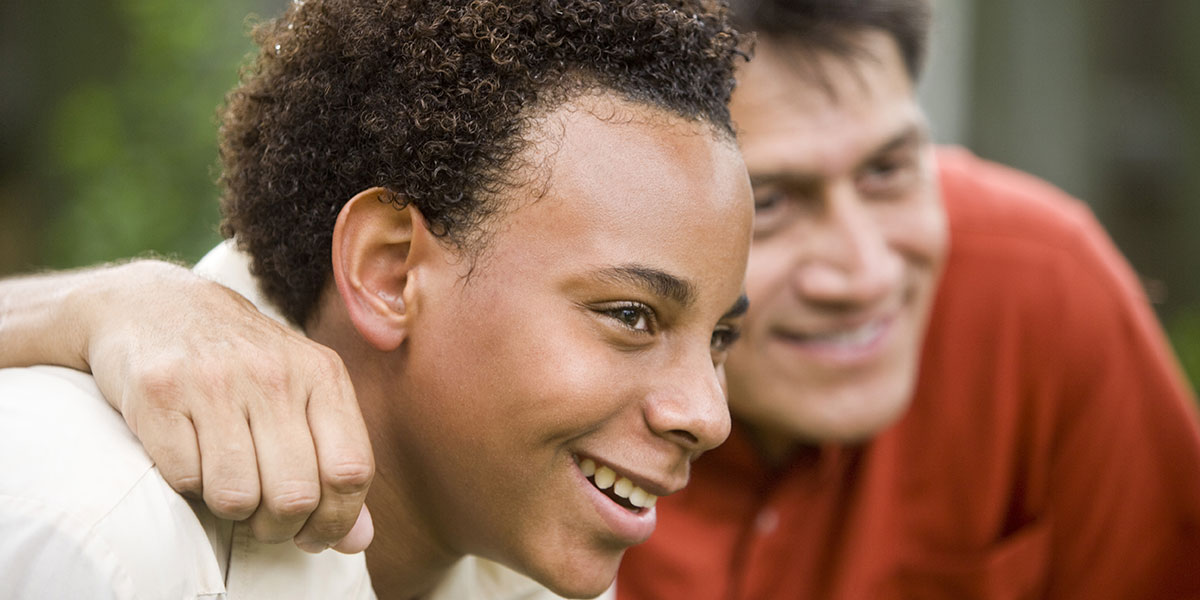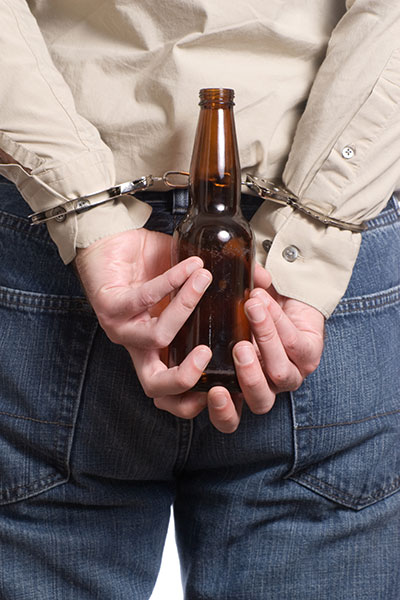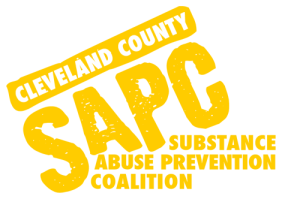Talk It Out NC is an awareness campaign of the NC ABC Commission designed to educate and encourage parents to discuss the dangers of underage drinking with their children
Dangers of Underage Drinking

Brain Damage
Science about brain development shows that most people’s brain is not fully developed until the age of 25. Underage drinking can cause permanent brain damage. Adults (21+) would have to consume twice as much alcohol to cause similar damage to important memory and learning areas of the brain.
Drinking & driving
Car crashes are the leading cause of death for 13 to 20 year-olds. More than three young people die in alcohol-related crashes every day.
High-risk sexual activity
Drinking alcohol increases the chance that teens will engage in unplanned sexual activity. Teens who drink are less likely to use condoms or other forms of birth control. This can lead to pregnancy and sexually transmitted infections, including HIV.
Sexual assault
Alcohol consumption by the offender, the victim, or both increases a teen’s risk of sexual assault. According to the National Institute of Justice, alcohol use is involved in at least half of sexual assaults among college students.
Suicide
Alcohol, combined with depression and stress, can increase a teen’s risk of committing suicide. Suicide is the third leading cause of death for 13- to 21-year-olds.
Alcohol Addiction
People who begin drinking before age 15 are four times more likely to become alcoholics than those who begin at age 21 or older.
Accidents & injuries
Alcohol impairs the area of the brain used for impulse control and judgment. Therefore, teens are more likely to engage in risky behavior and make poor decisions when under the influence of alcohol. Often, these behaviors result in accidents, injuries and behaviors that teens later regret. Incidents such as drunken teens lying down on the double yellow lines of a busy highway, jumping into pools from multiple story buildings, and engaging in reckless behavior are all too common. Alcohol can make teens act in ways and do things they would normally never do when sober.
Fires & drowning
Alcohol is involved in about 40 of all residential fire deaths and up to half of all drowning deaths.
Alcohol & aggression
Research shows a strong link between alcohol and aggressive behavior, including homicide. About 696,000 college students are assaulted each year by another student who has been drinking.
In a recent survey of Cleveland County students:
reported they use alcohol at home or at a friend’s house
reported alcohol was available when parents were not home
reported using alcohol in the past year
reported alcohol was available when parents were not monitoring
reported alcohol is “fairly or very easy to get”
reported they steal alcohol from parents
reported they get alcohol from an older adult, sibling or parent
Source: Pride Survey, March 2015, grades 9 and 12
Prevention Methods/How to Talk to your Child

Educate your children on how to say no to a drink. The National Institute on Alcohol Abuse and Alcoholism suggests these responses:
- No, thanks.
- I don’t feel like it.
- Alcohol’s not my thing.
- You’re pressuring me. I said no.
- Please back off.
- No. Let’s go do something else instead.
Confronting Peer Pressure
Your Rights as a Parent
Make a Difference
Alcohol – Legal Consequences

Many underage drinkers admit that it is very easy to obtain alcohol without actually paying for it. They obtain it from older friends, friends’ parents and even from their own homes. If you provide an underage person with alcohol, you are not only contributing to a greater public health problem, but you are breaking the law.
legal consenquences
By supplying a minor with alcohol, fines may add up to $2,000 and/or up to two years in jail. You could be charged with a felony if death or injury results.
If you are over the age of 21 and are charged with aiding and abetting, the charges may include:
- A minimum $500 fine
- Minimum 25 hours of community service
- If you have been convicted of the same charge within the past 4 years, charges will increase to a minimum $1,000 fine and 150 hours of community service
- Revocation of driver’s license



